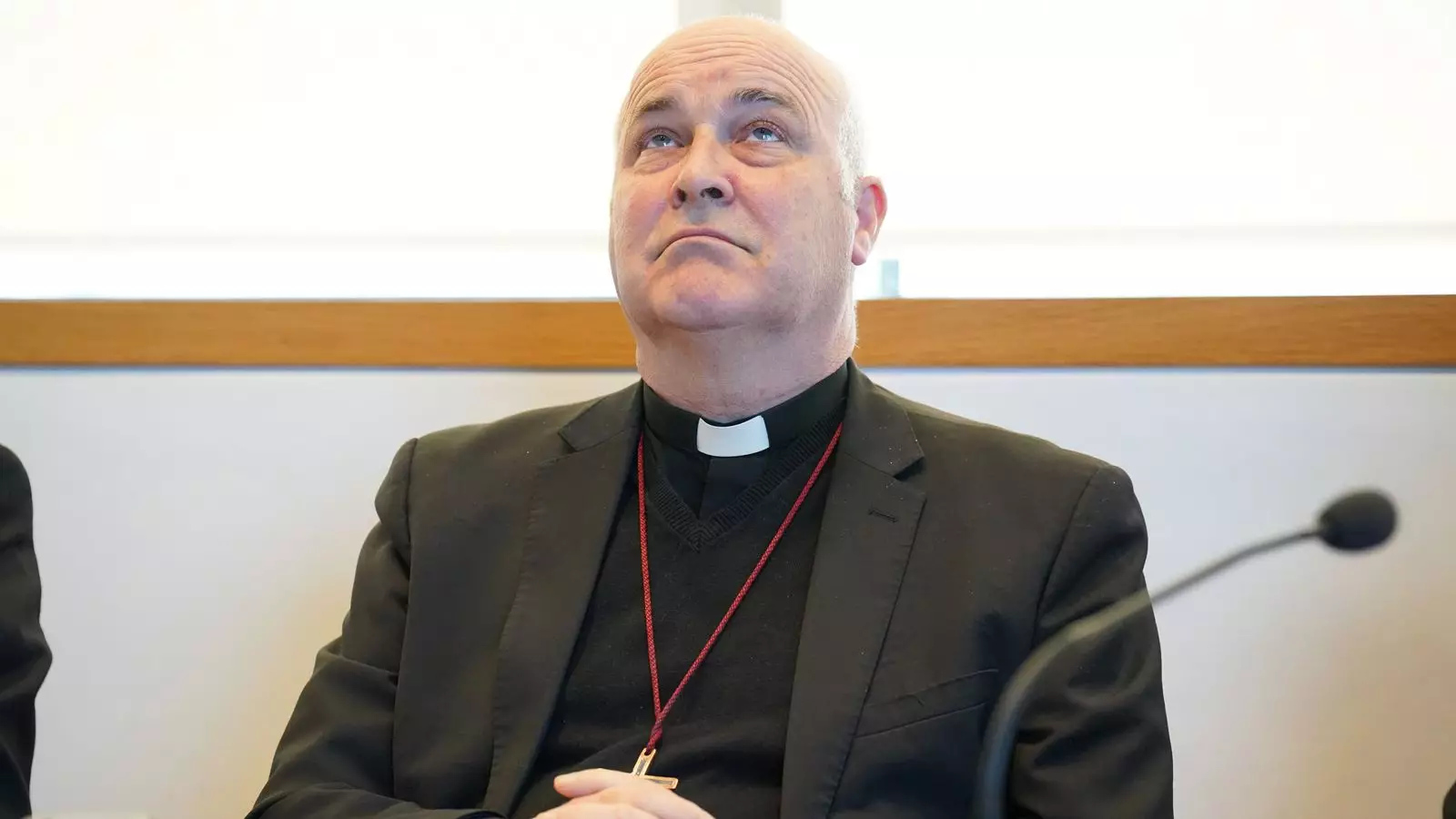On Christmas Day, the Archbishop of York, Stephen Cottrell, is poised to deliver a significant sermon that emphasizes the necessity for the Church of England to “kneel in penitence” and undergo transformative change. This statement comes during a tumultuous period for the Church, marred by critiques regarding its inadequate handling of a series of abuse scandals. As he prepares to assume the role of interim leader in the wake of the imminent resignation of Archbishop Justin Welby, Cottrell’s words carry profound weight and the potential to shape the future direction of the Church.
Archbishop Welby’s resignation, effective January 6, follows a disturbing report implicating the Church’s failure to act on the abusive conduct of John Smyth, a serial abuser. This situation ignited conversations around accountability within ecclesiastical structures, raising serious questions regarding the stewardship of leaders like Welby. In this backdrop, Cottrell has faced scrutiny of his own leadership, particularly related to the case of David Tudor, a priest reappointed during his tenure as bishop. His experience highlights the complexities of clerical governance and the urgent need for reforming the Church’s procedural frameworks to better address allegations of misconduct.
In his sermon, Cottrell is expected to draw poignant parallels between the Christmas narrative and the current crises faced by the Church. He will reflect on the vulnerability of the Holy Child, suggesting that, much like Jesus, the Church must confront its own weaknesses and failings. Cottrell’s plea for the Church to embody love and service resonates deeply, as he posits that Christ’s birth symbolizes a rejection of power structures that seek to dominate. By advocating for humility and empathy, he invites the Church to embrace a more compassionate ethos, stressing that true faith manifests through action and service to others, particularly marginalized populations.
Despite the hopeful message of reform, Cottrell’s position remains contentious. Survivors of abuse within the Church have expressed deep disappointment at his handling of the Tudor case, branding his statements as “insulting and upsetting.” These reactions underscore a growing mistrust towards Church leaders and their ability to effect meaningful change. Bishop Helen-Ann Hartley poignantly raises questions about Cottrell’s credibility in this context, while other bishops have opted to remain silent or withdraw support, indicating a broader disarray within the Church’s leadership.
Amidst the uncertainty surrounding Cottrell, other voices within the Church, such as Bishop Rose Hudson-Wilkin, have stepped up to share messages of light and hope. In Canterbury Cathedral, Hudson-Wilkin’s sermon will serve as a counter-narrative, emphasizing resilience and the triumph of good over darkness. This juxtaposition of messages from different bishops illustrates the diversity of thought within the Church while simultaneously highlighting its internal divisions.
This Christmas, as the Church reflects on its past and looks towards its future, it stands at a critical inflection point. The combined weight of historical neglect and contemporary crisis calls for urgent action and foresight from its leaders. Cottrell’s message, while steeped in a wish for renewal and transformation, must be coupled with actionable reforms and tangible accountability measures if it is to resonate with the faithful and the broader community.
As the Church of England navigates this defining moment, it has the opportunity to redefine its purpose and principles. By sincerely embracing the message of love, care, and prioritization of the vulnerable, the Church can begin to rebuild trust and clarity among its congregation and society at large. Only through genuine contrition and concerted efforts to change can it hope to emerge from the shadows of its past and step into a future characterized by compassion and integrity. Archbishop Cottrell’s Christmas sermon can serve as a catalyst for such change, but the realization of this vision will demand collective commitment and decisive action moving forward.

Leave a Reply